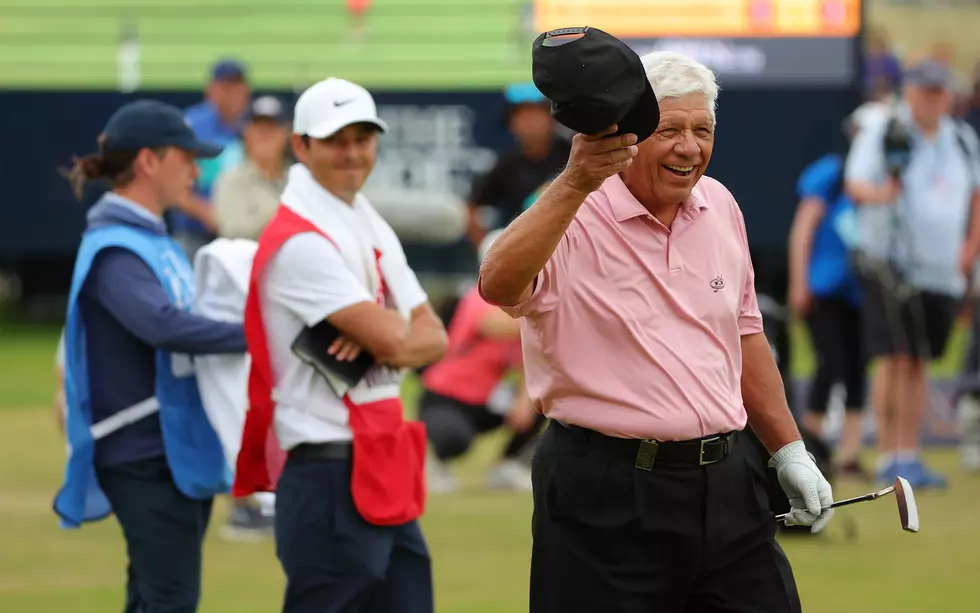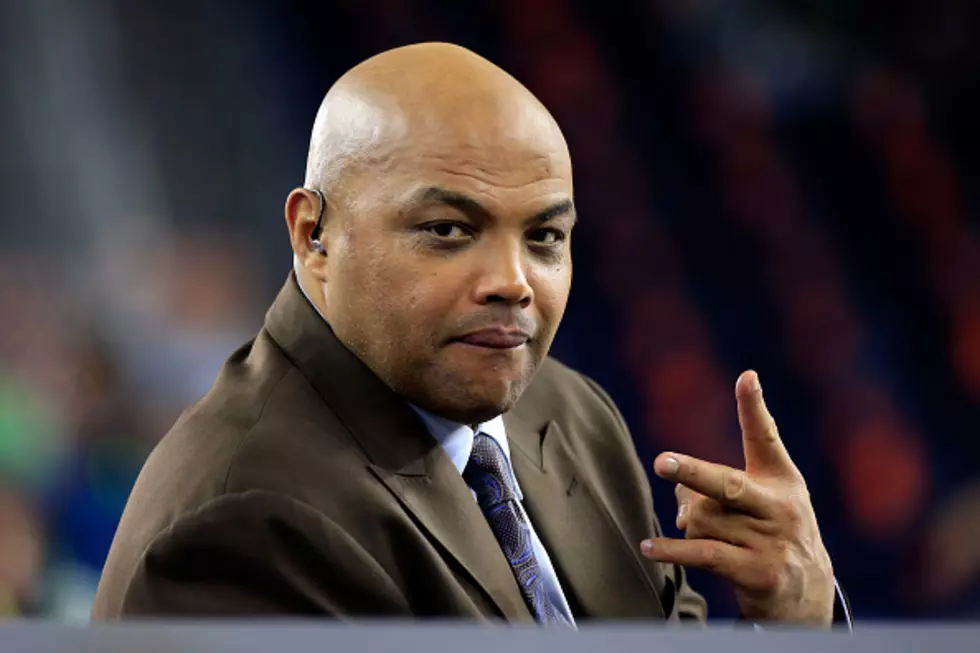
4 Family Members Plead Guilty in Masters Golf Ticket Scheme
AUGUSTA, Ga. (AP) — Four members of a Texas family pleaded guilty Monday to federal charges in what prosecutors called a scheme that used stolen identities to obtain tickets to the Masters golf tournament, which were then resold at a profit.
Stephen Michael Freeman of Katy, Texas, appeared before a U.S. District Court judge in the tournament's hometown of Augusta, Georgia, to plead guilty to a charge of conspiracy to commit mail fraud. Prosecutors said Freeman had agreed to serve three years in federal prison as part of a plea deal.
Freeman's parents and a sister also pleaded guilty to the same crime. Their plea agreements called for no prison time, though the four family members agreed to pay more than $275,000 in total restitution, according to a news release from U.S. Attorney Bobby Christine's office.
All four defendants still face sentencing before a federal judge, who can accept or reject terms of their plea deals.
Court documents in the case don't say how many Masters tickets the four defendants were suspected of obtaining, or how much money they made from any resales. Court records say that from 2013 through 2017, the family used stolen identities in an effort to cheat the lottery system that distributes tournament tickets and to circumvent Augusta National Golf Club's rules allowing people to apply only once to enter its ticket lottery.
"These profiteering con artists thought they had succeeded in hijacking the Augusta National's generous ticket lottery system to satisfy their own greed," Christine, the U.S. attorney for the Southern District of Georgia, said in a statement.
David Mitchell Stewart, listed in court records as an attorney for Stephen Michael Freeman and the other charged family members, did not immediately respond to an email message seeking comment Monday. No one answered Stewart's phone.
The family purchased bulk mailing lists to obtain names and addresses of people that were used to create fake accounts for Augusta National's online ticket lottery, according to the court documents filed in April by federal prosecutors. Those accounts were submitted with email addresses controlled by Freeman and his relatives.
The family would then ask Augusta National to change the addresses associated with the bogus accounts, using "false driver licenses, false utility bills and false credit card statements in the identity of the fake user accounts" sent by mail, the court documents said. That would ensure any tickets won through the lottery would be mailed to addresses where Freeman and his relatives would receive them, prosecutors said.
More From 600 ESPN El Paso









